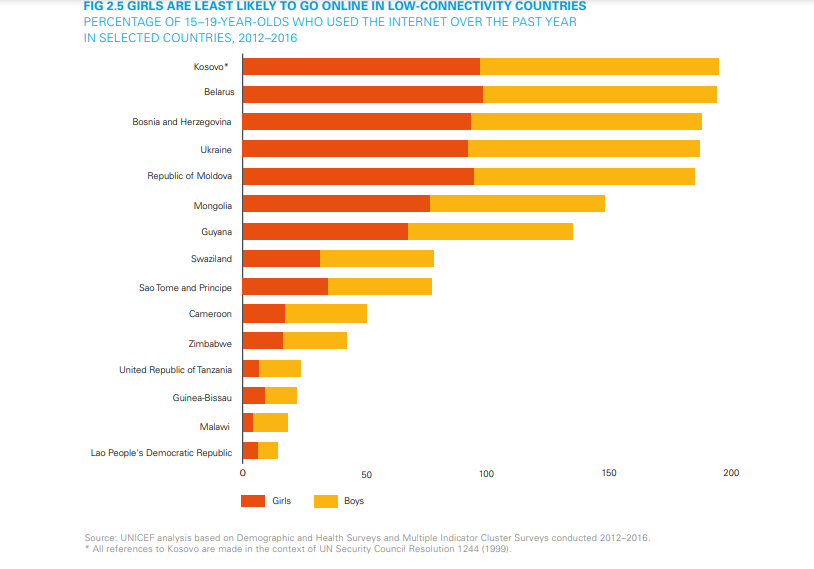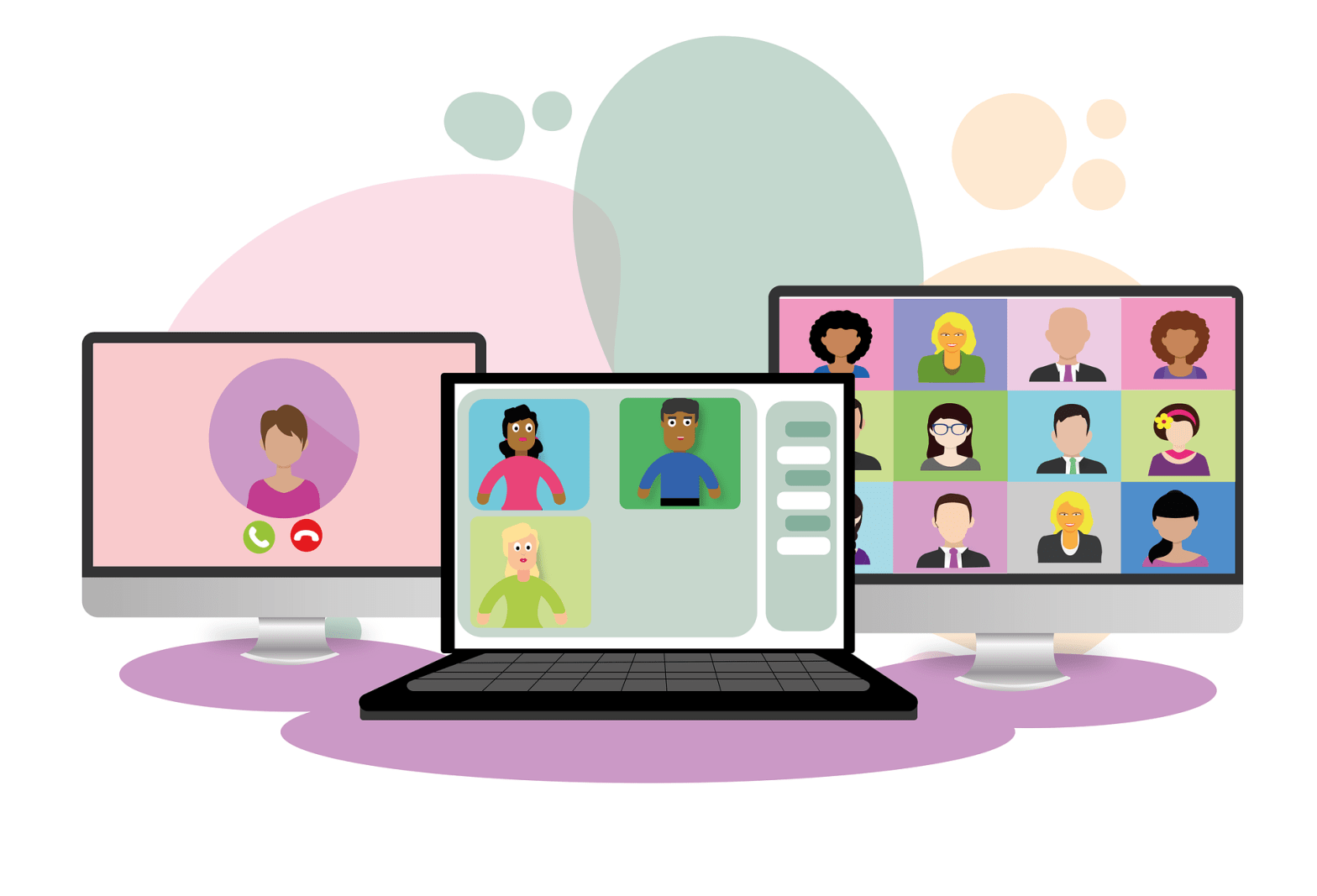The internet has provided a world of information in our pockets. In this
blog, I discuss whether this is as universal and beneficial as we would like to
believe.
1- Access to Internet
In March, the doors of the Sumatran Education Centre I was working at closed. In those rural villages, I don’t know anyone who has Wifi at home, creating reliance on data plans. Unsurprisingly, when a pandemic ends the industry that your village relies on, mobile bills are one of the first things to go. In such an interconnected community, phones are a luxury, for entertainment mainly, to be discarded in the months there is no money, or when sudden torrential downpours cut off the electricity. The UN reports that today, despite the efforts made by fantastic projects such as EASSy, 9 out of 10 people not using the internet are based in Africa, Asia and the Pacific. While the Western world struggled by on Zoom, the rise of online learning drove a further wedge between those with and those without
2- Boys and Toys
Shockingly, in India, only 29% of internet users are female. Why is this? What impact will it have on girls in this new technology-centred world?

The UN reports that ‘One village governing body in rural Rajasthan stated that girls were not to use mobile phones or social media’. However, it’s important to think subtly, not just point to isolated incidents. We need to consider who has free time to browse the internet and thus we need to consider who is doing the housework. It’s not simply a case of whether a woman can own a phone, it’s whether she has the time and income to use it to the same extent as her husband.
3- A World in our Pockets
Quite frankly, I miss the days when emails didn’t reach me until 9am on a Monday morning.
So what about those of us privileged enough to have mobiles, free time and access to Wifi? Cynthia Luna Scott is not alone in praising mobile technology for making education accessible anywhere, anytime. Quite frankly, I’m reserved in my praise of this development. Throughout my undergraduate degree I easily juggled coursework, switching off my laptop after a day in the library. Now, is this new world of online learning, gone are the days of 9-6 in the library. It’s a lot easier to close a book at the end of the day, than it is to ignore constant notifications and emails. If you had asked me a few years ago whether phones should be included in schools, I would have agreed. But today, I would give anything to have the freedom to delete my work emails, my University apps and Teams off my mobile. I miss the days when my phone was mine, not a learning device, not a way of an employer reaching me out of hours with a late email. I find being constantly available exhausting and yet it’s impossible to switch off without falling behind.
Here, I have highlighted a few of the negative trends caused by the internet and the subsequent rise of online learning. Going forward, we need to ensure those without regular internet access are not left behind, that we continue to prioritise getting everyone connected, but also ensuring that this development feels positive for all involved.
Bibliography
Cynthia Luna Scott,The Futures of learning 1: why must learning content and methods change in the 21st century?
UNICEF, 2017, Children in a Digital Age
For More information on online learning in Indonesia:
The Pandemic’s effect on Education is not being discussed enough
When Learning is Really Remote


Great one to put western struggles in perspective – getting by on zoom is no thing to complain about really is it!
But I do agree – constant technology is draining. The non-stop availability I have to say is not something I enjoy at all. It would be nice if it was more “online socially acceptable” to switch off a lot more often.
LikeLiked by 1 person
I recently downloaded an app called Desert Island which is being promoted as a Digital Wellbeing app. Since lockdown there has been a lot of talk about Digital Wellbeing.
LikeLiked by 1 person
Thank James, I will look into this!!
LikeLike
The quotation at the start of section 3 needs a reference. I like the structure in separate parts. Just be careful not to dilute your content too much. Maybe looking at 2 issues instead of three would work better. Access is clearly a problem across Africa but there are also some exciting initiatives taking place to help expand access. You could refer to these and highlight how important they are – check out the East African Cable system, Project Loon, 2Africa etc etc
LikeLike
Hi James, is it okay to just focus on 2 things as you did originally ask for 3?
LikeLike
Ah, I see! This is why feedback is so important. Yes reduce to 2
LikeLike
I have just double checked the quote in question and it was just my own thought! Is this okay or would it be better to use someone else’s quote…
LikeLike
perfectly Ok to use your own! you could move it to just before the last a paragraph.
LikeLike